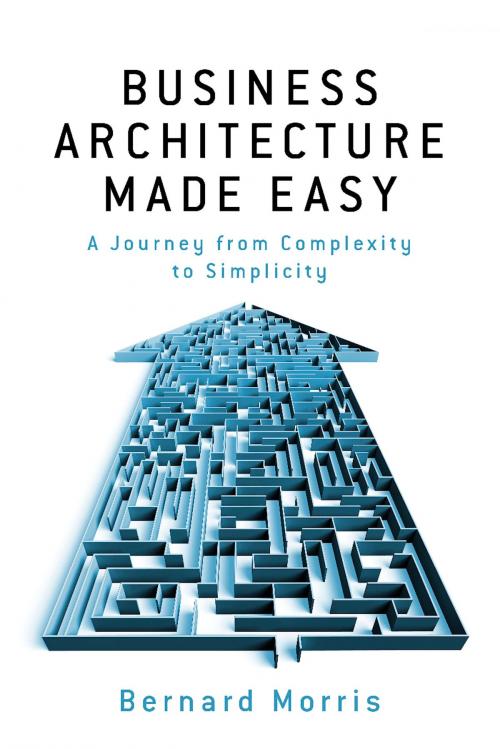Business Architecture Made Easy
- A Journey from Complexity to Simplicity
Business & Finance, Business Reference, Business Communication| Author: | Bernard Morris | ISBN: | 9781626754430 |
| Publisher: | BookBaby | Publication: | April 8, 2013 |
| Imprint: | Language: | English |
| Author: | Bernard Morris |
| ISBN: | 9781626754430 |
| Publisher: | BookBaby |
| Publication: | April 8, 2013 |
| Imprint: | |
| Language: | English |
Whether you are about to embark on a major business transformation or you simply want to be better prepared for the next challenging period in your business organization, this book is designed to help you. The author makes no apology for keeping this book easy to understand, targeting the book at everyone from the CEO to front line operatives and taking each of them on a journey from complexity to simplicity. The business architecture referred to here is not the traditional element of the IT based Enterprise Architecture, but a framework that is totally business oriented and in which the whole business, including IT, can commit to in order to truly understand their problems and most of all the potential to genuinely improve the business. The book discusses and describes in detail how business architecture can be used to effectively interpret, communicate and coordinate the strategic and operational requirements and provides clear leadership for the design of business transformation including the development of information systems and associated infrastructure. The book explains how, when we understand each component and the relationships involved (both existing and potential), we can answer so many new questions and hypothesis, all of which can serve a useful purpose that everyone involved can understand. The author makes it very clear that business architecture belongs to the business not the architect. That once established, with the assistance of the business architect, it is a facility for business managers, subject matter experts and local design teams to project changes in the architecture to support collaborative decision-making. It allows managers to hypothesize with projections of how the business could perform better through changes and improvements in the business architecture. The book demonstrates how with this business architecture we can reduce the time involved in making decisions, implementing business change and transforming the business including using time efficient techniques such as prototyping business architecture hypothesis.
Whether you are about to embark on a major business transformation or you simply want to be better prepared for the next challenging period in your business organization, this book is designed to help you. The author makes no apology for keeping this book easy to understand, targeting the book at everyone from the CEO to front line operatives and taking each of them on a journey from complexity to simplicity. The business architecture referred to here is not the traditional element of the IT based Enterprise Architecture, but a framework that is totally business oriented and in which the whole business, including IT, can commit to in order to truly understand their problems and most of all the potential to genuinely improve the business. The book discusses and describes in detail how business architecture can be used to effectively interpret, communicate and coordinate the strategic and operational requirements and provides clear leadership for the design of business transformation including the development of information systems and associated infrastructure. The book explains how, when we understand each component and the relationships involved (both existing and potential), we can answer so many new questions and hypothesis, all of which can serve a useful purpose that everyone involved can understand. The author makes it very clear that business architecture belongs to the business not the architect. That once established, with the assistance of the business architect, it is a facility for business managers, subject matter experts and local design teams to project changes in the architecture to support collaborative decision-making. It allows managers to hypothesize with projections of how the business could perform better through changes and improvements in the business architecture. The book demonstrates how with this business architecture we can reduce the time involved in making decisions, implementing business change and transforming the business including using time efficient techniques such as prototyping business architecture hypothesis.















